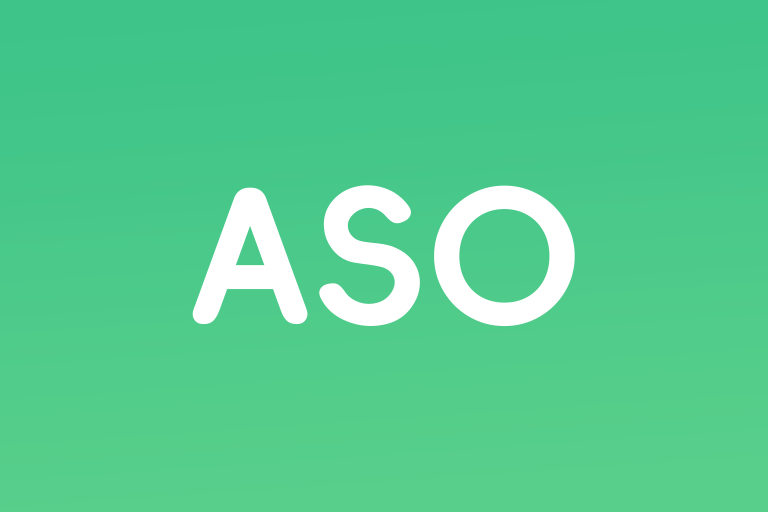Why Respond to App Store Reviews?
Build Trust and Loyalty
Responding to app store reviews showcases a dedication to customer satisfaction, fostering trust and long-term loyalty among users. Personalized and timely replies convey the value placed on user feedback, nurturing a positive relationship with the user base.Enhance User Experience
User reviews offer crucial insights into user experiences, needs, and feature requests. Engaging with these reviews provides developers with a deeper understanding of user perspectives, enabling app enhancements and improved usability.Turn Negative Experiences into Positive Ones
Negative reviews present an opportunity to address user concerns promptly and professionally. By acknowledging and resolving issues, developers can potentially change dissatisfied users' perceptions and demonstrate a commitment to app improvement.Boost App Store Rankings
Active engagement with user reviews signals to app store algorithms that the app is well-maintained and updated, positively impacting visibility and rankings within search results. Positive interactions may also encourage more favorable reviews, further enhancing the app's reputation.Drive User Acquisition and Retention
Engaging with user reviews instills confidence in potential users, attracting new users and increasing retention rates. Satisfied users are more likely to continue using and recommending the app, driving long-term success.Which App Store Reviews Require a Response?
Negative Reviews
Promptly addressing negative reviews demonstrates a commitment to resolving user concerns. Acknowledge frustrations, apologize for inconveniences, and offer solutions, showcasing a proactive approach to user satisfaction.Constructive Feedback
Reviews offering constructive criticism or suggestions should be acknowledged and appreciated. Responding to these reviews demonstrates an openness to user input and a continuous commitment to app improvement.Technical Issues
Reviews highlighting technical problems or bugs should be addressed promptly. Responding shows an active effort to resolve issues and improve the user experience.Praise and Appreciation
While not mandatory, responding to positive reviews reinforces a positive brand image and fosters a sense of community among users. Express gratitude and encourage users to share their positive experiences with others.Best Practices for Replying to App Store Reviews
- Prompt Responses: Timely replies demonstrate appreciation for user feedback and proactive efforts in addressing concerns, fostering trust and loyalty.
- Express Gratitude: Genuinely express gratitude for user reviews, regardless of their positivity or negativity, encouraging users to continue providing valuable insights.
- Comprehensive Feedback Addressing: Thoroughly address specific points raised in the review, demonstrating a commitment to resolving issues and improving the user experience.
- Respectful Tone: Maintain a professional and respectful tone, demonstrating empathy and understanding, even in the face of negative reviews.
- Inform Users About Updates: Keep users informed about app updates, new features, and bug fixes, demonstrating a commitment to user needs and feedback.
- Address Both Positive and Negative Feedback: Demonstrate a dedicated team behind the app, continuously striving to improve it, fostering a positive relationship with users.
- Customized Replies: Tailor responses to users, making them feel heard and valued, fostering a strong sense of community within the user base.
- Provide Additional Support Resources: Offer additional resources such as support contact details, FAQs, or comprehensive documentation to enhance the user app experience.
- Encourage Dialogue: Invite users to continue the conversation, demonstrating a willingness to engage in ongoing communication and resolve outstanding issues.
- Gratitude Token: Occasionally, consider showing special appreciation to users who have encountered unique issues but remain open to changing their opinion about your app.
- Avoid Asking for Improved Ratings: Refrain from requesting users to change their ratings, focusing on meaningful dialogue to enhance user experience.
- Apologize and Avoid Conflict: Opt for a mature approach, offering an apology and striving to resolve issues effectively to preserve the app's reputation.
Conclusion
Responding to app store reviews is more than a customer service gesture — it’s a strategic advantage. By engaging with users consistently, app developers can foster a loyal community, improve retention, and boost ASO visibility.
Integrate structured review management into your workflow with FoxData to streamline responses, track sentiment trends, and strengthen your app’s public perception over time.







